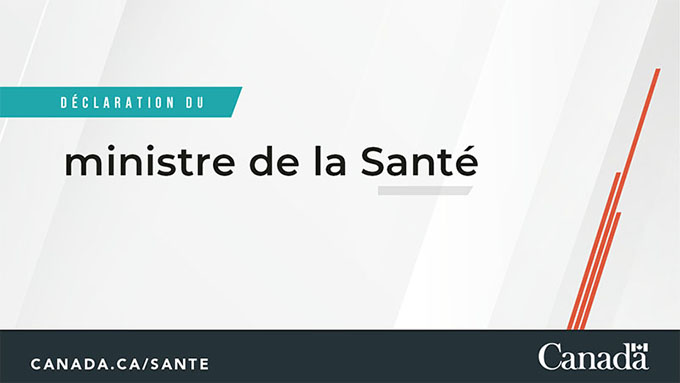Bill C-228 aims to amend certain rules to better protect pension recipients of defined benefit plans. (Image: 123RF)
guest expert. Over the years, some pension plan participants, active or retired, have seen their pension plan benefits reduced due to the bankruptcy of a former or current employer. The cases of Nortel, Sears, and Groupe Capitales Médias in particular made headlines. Bill C-228 aims to amend certain rules to better protect pension recipients of defined benefit plans (DB plans).
Provide better protection
On November 23, 2022, the Canadian House of Commons unanimously adopted the law Pension Protection Act (Short title for “An Act amending the Bankruptcy and Insolvency Law, the Corporate Creditors’ Arrangements Act, and the Pension Benefits Standards Act, 1985”, or Bill C-228). This bill received Royal Assent on 27 April.
The main objective of this bill is to give better priority to DB plans in the event of bankruptcy or insolvency of a company. However, please note that the bill does not cover group insurance coverage.
Before these new rules
there Bankruptcy and insolvency law (BIA) and Corporate creditors arrangement law The CCAA has already protected DB plans by prioritizing reimbursement of certain amounts, in particular:
• Employee contributions that are deducted from employees’ salaries to be paid to the retirement fund
• Costs related to current service that the employer must pay to the retirement fund.
In short, payments for existing service (employee and employer) were already protected.
Big change
Bill C-228 adds to the above amounts the total special payments relating to the past. These are payments related to an unfunded liability or lack of solvency. This is a big change! We want to significantly reduce the risk of participants’ rights being curtailed in the event of termination of the DB plan.
In short, payments for prior service will now be better protected.
Scope and boundaries
The changes presented will apply to both federally registered pension plans and those subject to provincial jurisdiction.
However, we will note that although the previous deficits in pension plans will rise in order of priority, these are not secured debts and this new protection will not be absolute. In particular, this means that if a company’s assets prove insufficient to cover previous shortfalls, providers may still see their benefits reduced.
Finally, it should be noted that for existing pension plans, transitional provisions are provided. The proposed changes will only apply from the fourth anniversary of the bill’s entry into force.
These new protections are clearly positive, but they will not be absolute, and more importantly, they will not apply to existing systems immediately.
Martin Dupras, ASA, Pl. Fin., M. Fisc., ASC, Fellow of IQPF

“Music guru. Incurable web practitioner. Thinker. Lifelong zombie junkie. Tv buff. Typical organizer. Evil beer scholar.”







More Stories
The event was disrupted by protesters Baptism of fire for the “Santi Quebec rifle”
Low interest rates: “There is hope,” says senator and economist Clement Gignac.
The electronic method of submitting your taxes remains popular among Quebecers